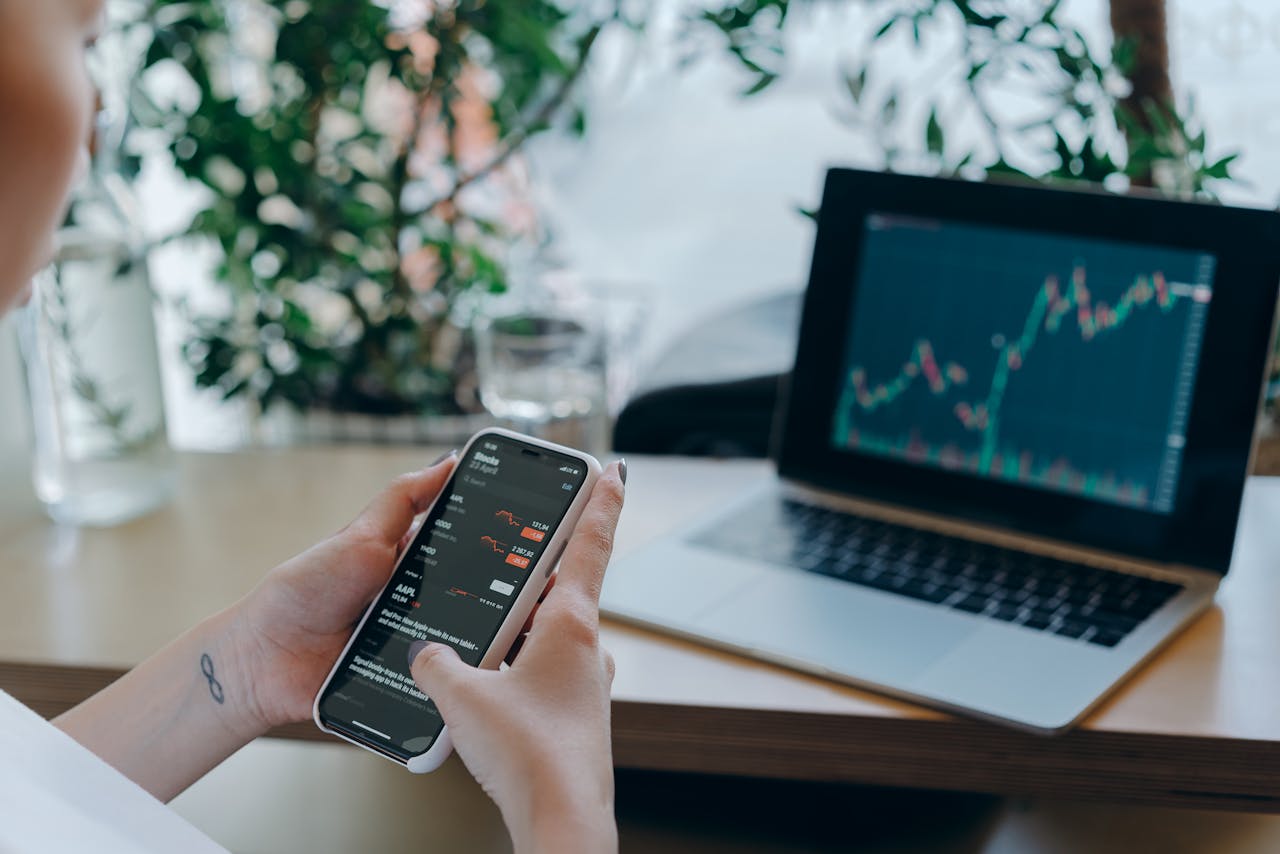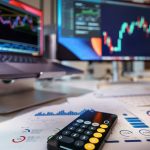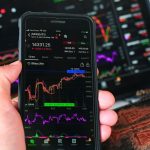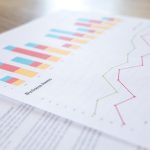Forex 101- The Basics you Should Understand
Introduction to Forex 101
The process of determining the value of a currency is referred to as a foreign exchange or Forex. Usually, the value of a currency is determined by comparing it to another or pairing them together. FX or Forex has a market capitalization of over $5 trillion, alluring traders. This guide, ‘Forex 101’, introduces the fundamentals of currency trading for beginners and experienced traders alike.
Why trade Forex?
The ability to transact is anytime without the limitations of trading in a small geographic area.
Who participates in Forex trading?
- Individuals
Individuals who speculate on an e-commerce platform or businesses that trade on an institutional platform
- Bank traders
They use their institutional platform
- Hedgers
Hedgers attempt to protect their financial positions against a negative move in the currency against which they have invested. Hedgers can choose to manage their own risk or manage their risk by hiring a bank or money manager.
How do Forex traders profit?
Traders want to profit from the swings in the value of currencies on the market. They purchase currencies when they are lowly valued and sell them when their value is high.
Understanding the risks in Forex trading
Forex is a high-risk trade, and the exchange rate is continually influenced by geopolitical factors such as the economies, politics, sociological issues of the nations involved, and the overall world situation.
Modern Forex forecasting relies on Artificial Intelligence and deep learning technologies to make predictions because the issue is complex.
Forex 101: Comparing Forex and stock market
FX and the stock exchange are both powered by supply and demand economic forces.
Both of them make use of the speculative principle. Traders make money by purchasing low and selling high in both markets.
In contrast to stock or commodity trading, forex trading occurs directly between two parties in an over-the-counter (OTC) ‘marketplace’ known as the foreign exchange market.
Advantages of the Forex market over other financial markets
Attractive characteristics of Forex are that the market is enormous (worth more than $5 trillion). It also offers a diverse range of currencies for traders to pick. Currencies have varying degrees of volatility, and overall transaction costs are relatively low. The simplicity of trading and opportunity to practice
· Low cost
Forex brokers typically earn from the spread if the trade is opened and concluded before imposed overnight funding fees. As a result, forex trading is less expensive than trading in markets like stocks, where a fee is charged.
· Ease in transaction
As previously stated, there is no time restriction.
Also, Forex trading relies on leverage, which means that a trader would only have to pay a part of the total cost of the trade. Increased profits and increased losses may both arise as a result of this.
Popular Forex pairs also have comparatively low bid/ask spreads attributed to their liquidity. To successfully trade, traders must first surmount the spread, which is the first thing to tackle. After that, gaining any additional pips is a sure way to increase your bankroll.
· More diversified currencies
Forex trading allows traders to speculate on currencies whose values are steadily increasing and those whose values are steadily decreasing. Traders also have a large number of forex pairings to choose from when seeking profitable transactions.
· Opportunity to practice trading
Individuals keen on engaging in foreign exchange can start by using simulation accounts before they hone the skill. In a demo account, you can trade, exchange currencies, and even receive a small amount of money.
Sandbox accounts, however, do not use actual money to trade. Traders who open simulated accounts with the companies owning the accounts are given virtual currency to learn and exchange. Put it is an educational playground for newbies.














